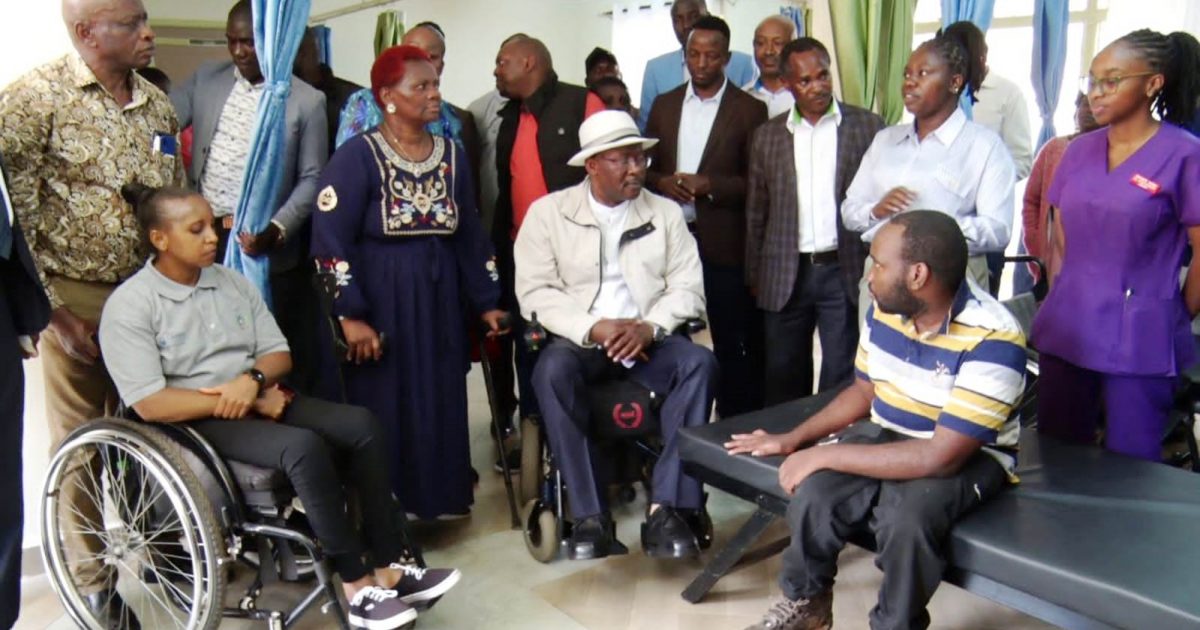Westlands MP Tim Wanyonyi has decried the failure of the government to employ enough persons with disabilities (PWDs) in the Public Service despite the legal requirement provided by the law.
During celebrations to mark Wheelchair Day at Jomo Kenyatta University of Agriculture and Technology (JKUAT) Friday, Wanyonyi said only a few PWDs were working in the public sector.
He said the discrimination could only be ended if the law requiring representation of PWDs in employment opportunities was implemented to the latter.
Wanyonyi proposed that all ministries and other organizations should have a disability policy on employment both in the national and county government to ensure their visibility.
He at the same time recognized the appointment of Isaac Mwaura, the government spokesman, saying it was a good step in recognizing PWDs in the society.
To ensure more visibility of PWDs, Wanyonyi proposed that the focus should be on appointive positions since elective positions were difficult to come by due to the challenges that they have as well as the nature of politics in the country.
“Focus more on appointive positions than elective positions as they are limited to help reach the constitutional mandate of 5%,” he said.
During the event, over 90 PWDs benefited from wheelchairs. Led by Gakure Njaria, the beneficiaries recounted the number of times they have gone for interviews unsuccessfully despite meeting the qualifications.
“Despite having fully qualified and being sure of doing well in interviews, jobs have been difficult to come by. The discrimination we face in appointments is saddening,” said Njaria.
Dr. Mwangi Matheri, the JKUAT Wheelchair and Learning Centre project Leader urged the beneficiaries not to sell the wheelchairs for financial gain but to maintain and utilize them for their benefit.
“We should ensure that as a country, people don’t only speak of disability mainstreaming but also inclusion within their societies, school, place of work and other spheres of life,” he said.
By Victory Wangui and Muoki Charles




